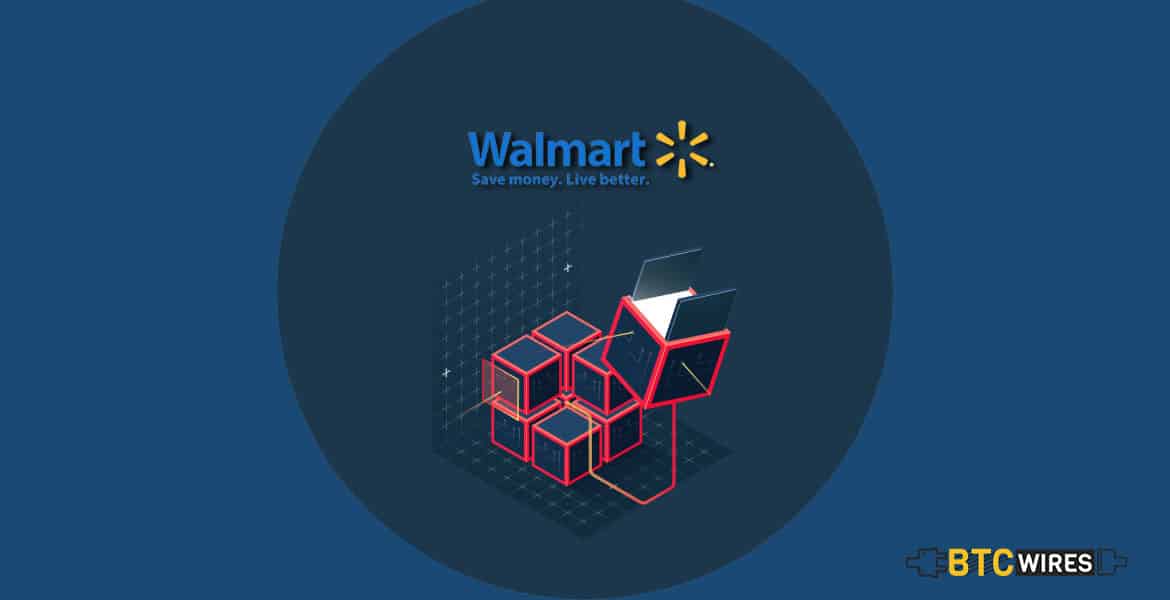According to a recent press release, world’s largest retailer, Wal-Mart

According to a recent press release, world’s largest retailer, Wal-Mart is planning to integrate blockchain based tracking system for its leafy green produce suppliers by September 2019.
The United State retail giant and its division Sam’s Club are planning to make it mandatory to implement blockchain based farm to store tracking system for green leafy produce suppliers. Wal-Mart has collaborated with IBM to build the food safety blockchain solution. The end-to-end traceability system developed by computing giant IBM is based on distributed ledger technology (DLT). According to Wal-Mart’s vice president of Food Safety, Frank Yiannas Wal-Mart also require similar traceability system for other fresh fruits and vegetable providers by next year.
Wal-Mart has announced that all of its suppliers of leafy green vegetables for Sam’s Club and Wal-Mart have to upload their data to the blockchain by next September. Wal-Mart has also sent a letter to its suppliers stating that the companies which are working with Wal-Mart have to work with the IBM Food Trust network to create end-to-end traceability. In the letter, Wal-Mart also assured the suppliers that the company has worked closely with IBM and other food-based companies to create low cost and user-friendly blockchain based traceability solution which will meet the requirements and creates shared value for the entire leafy green farm to table continuum.
The project will be implemented in two phases. In the first phase, direct suppliers have to create one step back traceability by the end of January. The companies which have their own suppliers then they have to integrate the network vertically till September 2019. The newly developed blockchain platform makes it easier for Wal-Mart to source food items quickly. Right now it is a challenge to trace the food items.
Wal-Mart got the idea of developing end to end traceability software because of an E. coli outbreak earlier this year. During that phase authorities of Center for Disease Control warned the consumers to avoid lettuce grown near Yuma. According to Frank Yiannas at that time it became difficult for customers to confirm where the lettuce was exactly grown. That time it was not easy to trace where the products were grown but after implementing the blockchain technology consumers will be able to know from where their food is coming by just scanning the tags.

